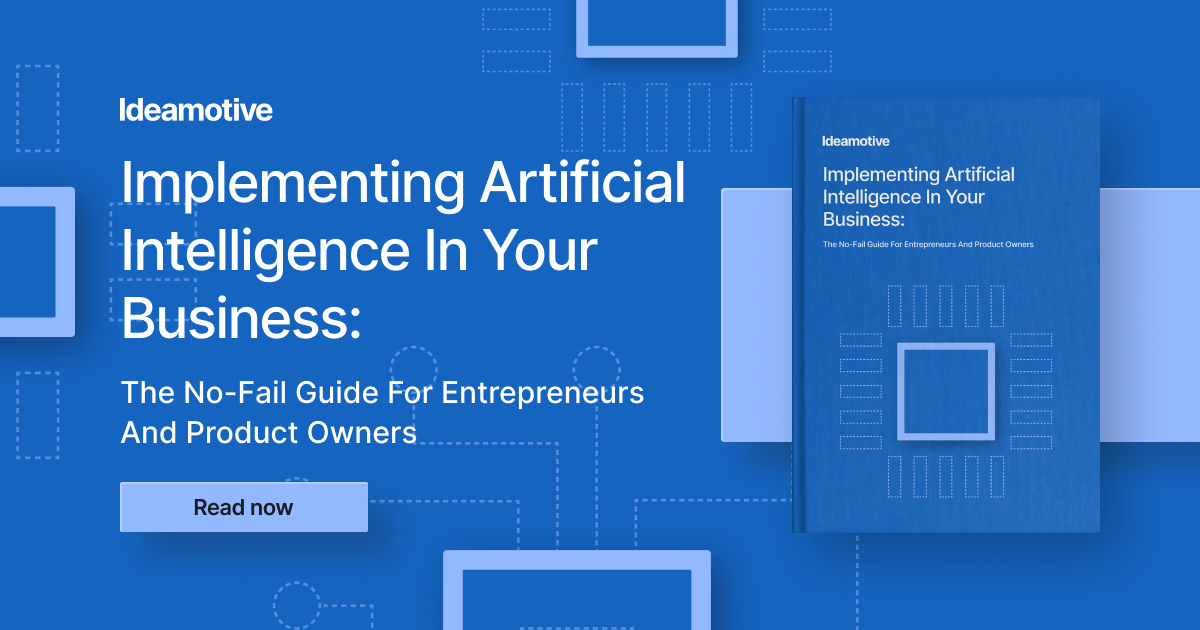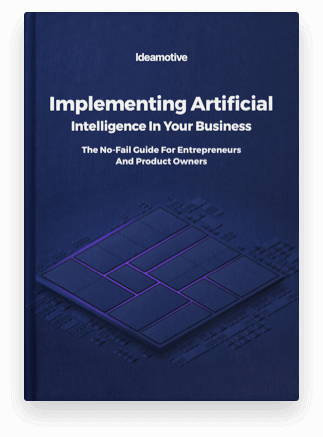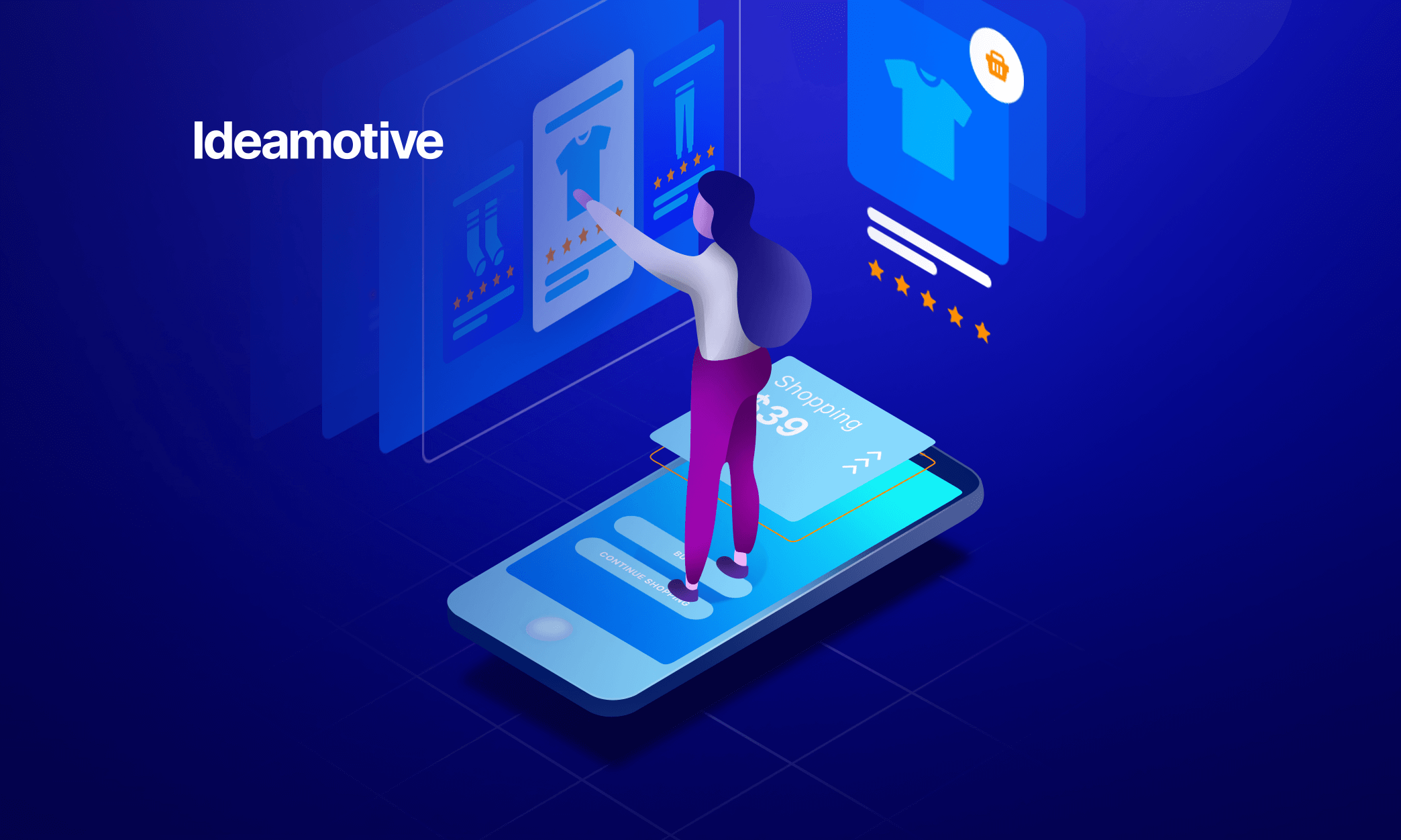Sometimes it is tempting to consider big data passe. Data are becoming a commodity with literally tonnes (yep - hard drives weigh too) being produced every day. According to the World Economic Forum data, there are 44 zettabytes of data to be produced by 2020. In other words - in the upcoming year there will be 40 times more bytes there than stars in the observable universe.
When thinking about our own system - it is quite probable that there will be more bytes than planets and stars combined. But honestly - when the hype for data collection started?

A quick story of a dataholic
A good guess is that the e-commerce business was a cradle of all the data-madness. One of the most significant differences between traditional retail and e-commerce is a full trackability of the business. The shop owner gets detailed information on customer behavior. Where did he or she come from? What did she buy and what he or she was looking at? Is it a new or a returning customer?
These data are mind-boggling for traditional retail, where even a footfall count can bring a serious headache. That’s how e-commerce was in the avant-garde of new ways of doing business - the data-driven progress.
At first it was all up to the brilliance and cunning of the human analyst. Data-mining and harvesting insights were all-manual work to be done. The demand for the tools to support the analytics work came the flood of increasingly sophisticated systems. Not a long time later, the amount of data to analyze and factors to consider in the optimization fever was too big to handle for even the brightest of analysts.
And that’s where the AI in e-commerce came in.
.png?width=1584&name=Python_%20The%20Definitive%20Business%20Guide%20-%20blog%20banner%201584x396%20(1).png)
The AI in ecommerce - the data on steroids
The ability to automate and augment the data-heavy strategy seen in the e-commerce business made the machine learning-based artificial intelligence models a perfect tool. It not only enables the analytic team to dig deeper and in search of more significant details, but also supports them by controlling the data flow in the real-time.
In particular online retailers can find artificial intelligence in retail useful. The most popular applications of artificial intelligence include:
Recommendation systems
Less is more, especially in the e-commerce business. The key is to find few top-notch propositions for the customer rather than spam him or her with myriads of products that are not fitting.
Just think about Amazon - there are more than 32 million books in the Amazon to buy. Assuming it takes one second to read the title, one would have spent a full year and five additional days just to read the titles - to say nothing about the content. What’s more, giving a young teen fantasy lover a book titled “Red dragon” (written by Thomas Harris) would be a cardinal mistake.
Applying artificial intelligence to mapping customer preferences and delivering reliable recommendations significantly boosts the company’s performance. McKinsey indicates that up to 35% of Amazon purchases and 75% of Netflix viewing is driven by recommendations.
Data segmentation
According to Hubspot data, 42% of marketers don’t send targeted email messages and only 4% use layered targeting. On the other hand - recipients are up to 75% more likely to click on emails from segmented campaigns than from non-segmented ones.
Artificial intelligence can segment data in an automated way, looking for hidden dependencies and patterns that are unseen for a human analyst. Is there any correlation between shopping frequency and weather? Movies? Product preference and the average cart value?
Until recently, it was the task of the analyst to spot these secrets within the database. With artificial intelligence, the company can search the database not only for the patterns hidden so deep that it is nearly impossible to spot them. Also, the machine carries no biases seen in every human. A truly modern AI business solution.
User behavior prediction
Although every human is different and acts upon own motivations when it comes to statistics we are the same. What’s more, a group large enough to significantly represent target customers enables companies to predict customer behavior. Basically, that’s the same trick that is used in opinion polls run during elections - but faster and done in real-time.
Predictions work closely with recommendation engines, supporting multiple ways to improve conversion rates and augment the overall business performance.
User scoring
On the other hand, there are multiple types of customers out there, some willing to buy once and never get back. Others are going to stay in the near orbit of the shop without greater engagement in the brand. The last group is composed of heavy users and brand evangelists who heavily engage in the brand and support it.
Artificial intelligence can dig through the noise and spot the most valuable customers in the crowd. Also, when supported by user behavior prediction, algorithms can spot these most valuable customers among new ones, using only slight signs delivered between the lines. Isn’t the guy who just came from the AdWords campaign a future brand ambassador?
Data enrichment support
Data combines two factors that are intuitively contradictory - there are both a commodity and an extremely valuable asset. A commodity, because data gathering and generation becomes relatively cheap. On the other hand, the art is in harvesting insights and transforming the data into knowledge.
That’s much easier when the company can use artificial intelligence models. There is no need to manually combine or standardize the data to make it actionable - the AI can do all the dirty work for the business owner.
Considering the superhuman capabilities of machine learning-based models, companies got the tool to enrich their data with literally anything they can find. Starting from weather data to complementary products to global trends to social medial fluctuations or sentiment analysis.
The key is in correlating the data. The more is done in an automated way, the better are the results.
Pattern recognition
The machine learning model can analyze literally any data in the search for hidden patterns. These can be hidden far beneath the surface and can be related to literally any aspect of the business. Among the most popular one can enlist:
- Customer retention
- Product combinations
- Customer reaching strategies
Examples above are only the tip of an iceberg. There are probably hidden patterns within all the company’s business activities, ready to be uncovered and… well… exploited for their own benefit.
Pricing strategy
When combining the transactional data and the patterns and predictions, the company is able to deliver a smart pricing strategy. Depending on all the factors above, the company can deliver real-time pricing, tailored not only to the buyer but also to the time and the context, including the pricing in the competing companies. Thus, there is a better chance to maximize margins while keeping the products competitive on the market. It is easy to bleed-out the business by suffocating the margin or to lose customers with overpricing goods. The key is in finding the balance.
Customer service automation
Contrary to the traditional way of selling goods offline, consumers’ communication with an online store is fully digital. And any digital piece of information becomes data and enables automated, algorithm-based tools to work on it.
Also, the modern customer is a digital one, expecting every service to be ready on demand. That’s a huge paradigm shift compared to offline shopping, where the customer was not only waiting for the store to be opened but also for a particular good to be delivered to this particular branch. Also, he or she had to wait in a queue. In modern e-commerce any waiting is reduced to the minimum. Modern UX guidelines reduced the friction in the online ordering, websites load in a flash and payments are designed to be as simple as possible without losing compliance with the legal guidelines.
This makes no surprise, that the modern customer is rarely willing to wait more than a minute for a response on a chat with the customer service.
The AI-powered chatbot is ever-vigilant and always ready to respond. In fact, a chatbot can cut customer service spending by up to 30% and thus 80% of businesses are expected to have chatbot automation by 2020.
Summary - advantages of Artificial Intelligence
The key to understanding the support provided by Artificial Intelligence to the online retailing is in making the data actionable. At the beginning of the big data revolution, data gathering was frequently compared to the basement or attic. One tried to keep there basically anything, terrified by the vision of scrapping something that could be useful in some upcoming future.
Apparently, the strategy proved to be effective. Google, Amazon and Facebook, fed by gargantuan amounts of data, are currently on the cutting edge of artificial intelligence development. Riding on their backs, an increasing number of organizations can build their own AI business solutions and dig in the data stacked in the digital basement.
Because there is nothing more exciting than uncovering some treasures in the basement!
So if you are looking forward to boosting your business with AI in eCommerce or talk about artificial intelligence in retail, just drop us a line and get a free consultation or project estimation!



.png?width=1584&name=Python_%20The%20Definitive%20Business%20Guide%20-%20blog%20banner%201584x396%20(1).png)


-1.png)




